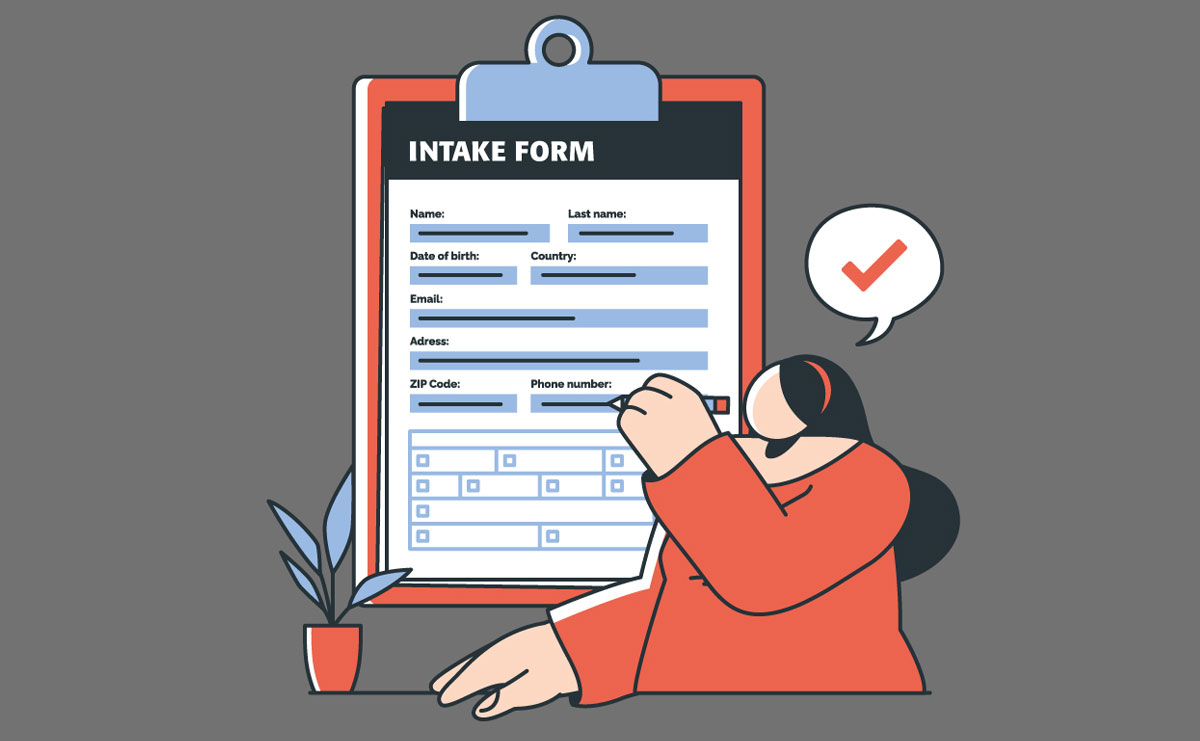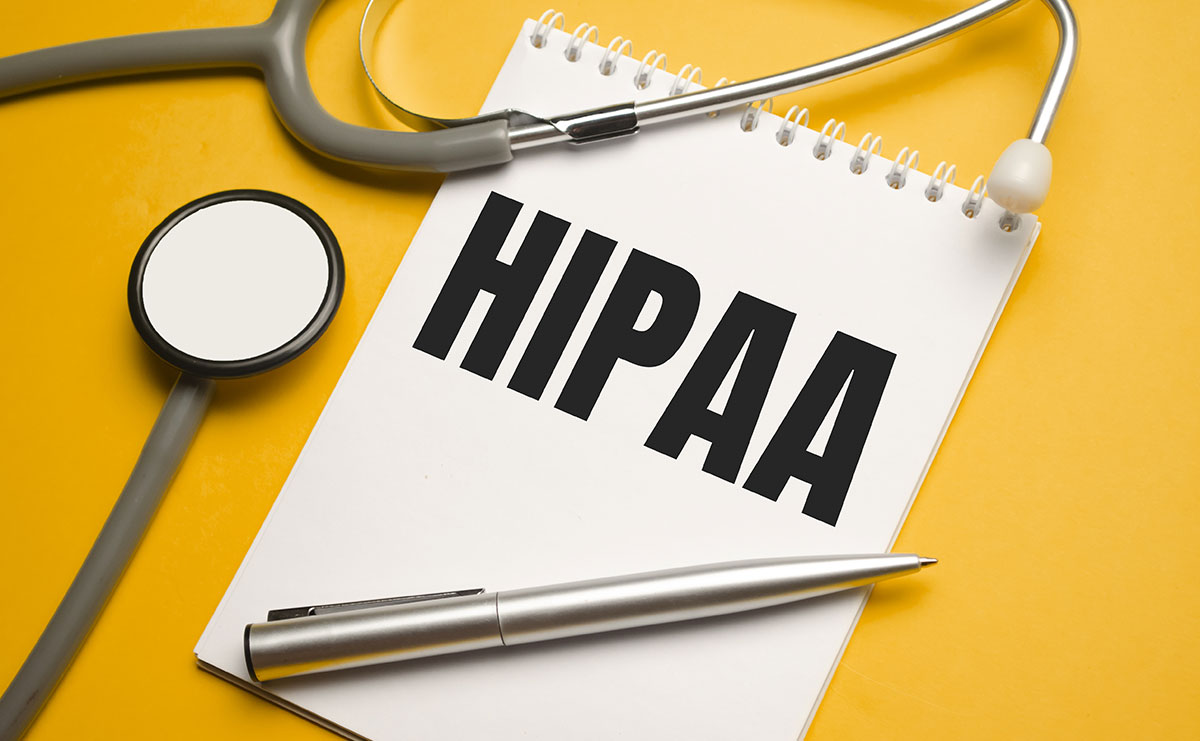Notice of Intent to Attach Wages, Salary or Commissions – Pennsylvania
This form, Notice of Intent to Attach Wages, Salary or Commissions, is used in the Court of Common Pleas of Lehigh County, Pennsylvania, within the Civil Division. The document is a notice issued to a defendant, informing them of the intention to attach a portion of their wages, salary, or commissions due to a judgment entered against them for nonpayment of rent or damage to residential property they rented. This form serves as an official notification and contains important legal information and instructions that the defendant must follow to address the wage attachment proceedings.
This form is used to notify a defendant about the intention to garnish a portion of their wages due to a judgment for unpaid rent or damage to rented property. Follow these steps to correctly fill out the form:
Step 1: Header Information
- Court Information
- Court: Ensure that the form mentions the Court of Common Pleas of Lehigh County, Pennsylvania.
- Division: Verify that it is labeled as the Civil Division.
- Plaintiff and Defendant Information
- Fill in the Plaintiff (the landlord or judgment creditor) details.
- Fill in the Defendant (the tenant or judgment debtor) details.
- Enter the File Number associated with the case.
Step 2: Date of Service
- Leave the “Date of service of this Notice” section blank. This date will be inserted by the Sheriff when the notice is served.
Step 3: Notice Details
- Review the main body of the notice which explains that a judgment has been entered against the defendant and details the intention to garnish 10% of their net wages, salary, or commissions.
Step 4: Poverty Guidelines Exemption
- Read through the section explaining the poverty guidelines exemption. If the defendant’s net income is below the poverty guidelines, their wages may not be attached.
Step 5: Exemption Claim Form
- If applicable, the defendant must fill out the attached exemption claim form and return it to the Clerk of Judicial Records within 30 days of the date of service to prevent wage attachment.
Step 6: Legal Grounds for Opposition
- Review the information about possible legal grounds for opposing the wage attachment, such as being an abused person or victim.
Step 7: Legal Assistance
- Note the advice to consult a lawyer and the provided contact information for the Lehigh County Bar Association Lawyer Referral Service.
Step 8: Contact Information
- Ensure the contact information for the Lehigh County Bar Association Lawyer Referral Service is correctly listed as:
- Address: 1114 Walnut Street, Allentown, PA 18102
- Telephone: 610-433-7094
Completing the Form
- Plaintiff’s Information: Enter the full name and contact details of the plaintiff (landlord or judgment creditor).
- Defendant’s Information: Enter the full name and contact details of the defendant (tenant or judgment debtor).
- File Number: Ensure the correct file number is filled in as it corresponds to the court case.
Submission
- Once the form is completed, it will be served by the Sheriff to the defendant. The defendant should then review the form carefully, noting the date of service inserted by the Sheriff, and take appropriate action, such as filing for exemption if eligible.
Important Reminders
- Legal Advice: The defendant is strongly advised to consult with a lawyer immediately upon receiving this notice.
- Exemption Filing: If claiming an exemption based on poverty guidelines, ensure the exemption form is filled out accurately and submitted within the specified 30-day period.
- Other Legal Grounds: If there are other legal grounds to oppose the wage attachment, the defendant should file a motion with the court as soon as possible.
Following these steps will help ensure the form is filled out correctly and that the defendant understands their rights and obligations regarding the wage attachment notice.
Disclaimer: This guide is provided for informational purposes only and is not intended as legal advice. You should consult the Residential Tenancies Act or a legal professional.




